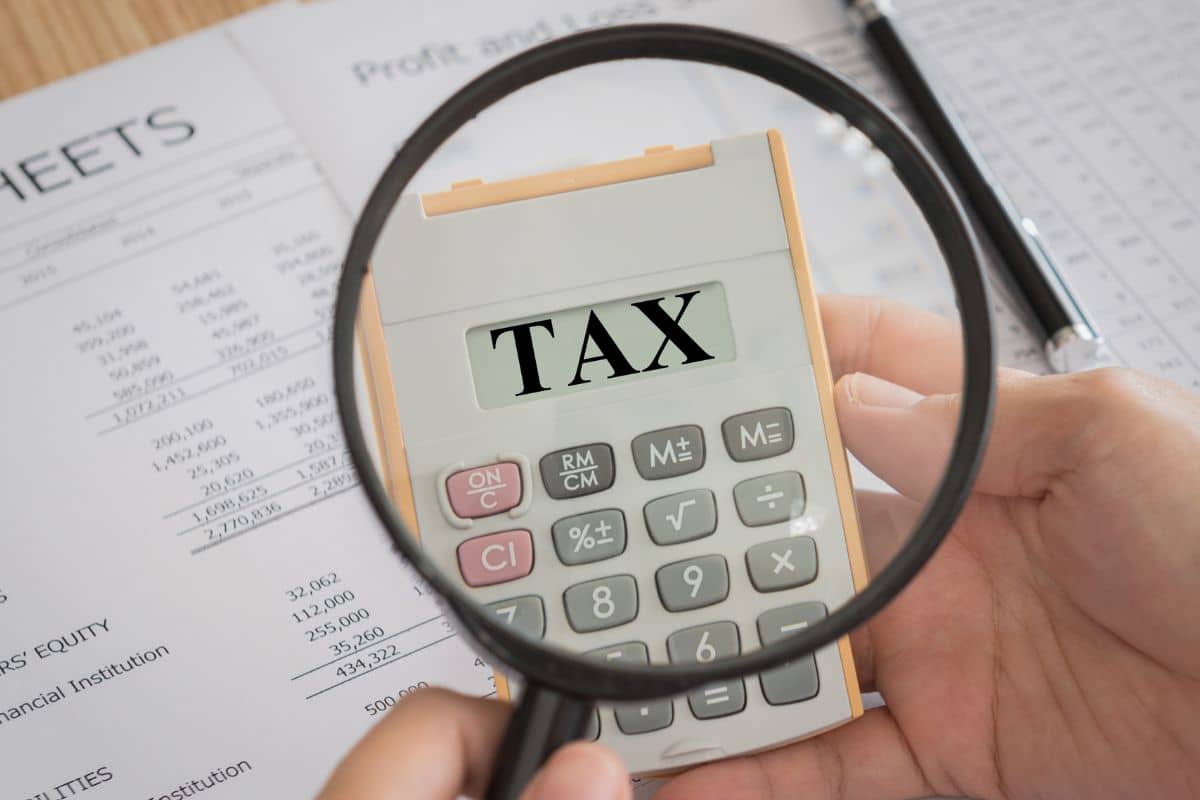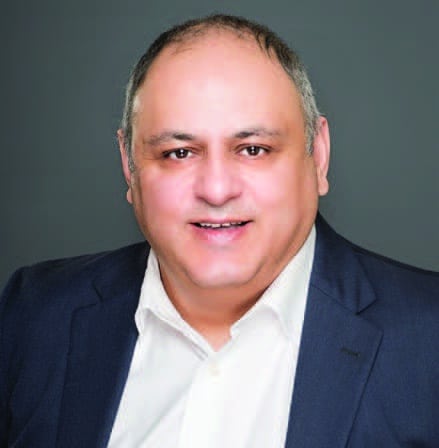It is well known that tax fraud is a serious problem that diverts resources from governments as well as honest taxpayers. It’s been happening for a while and you never know when you’re going to get one of those approaches with “secrets” to pay less taxes or sketchy schemes to hide income. These fraudulent tactics can lead to severe consequences including hefty fines, penalties, and even imprisonment.
. In a recent consumer alert, the Internal Revenue Service (IRS) has issued a warning to taxpayers about new scams that aim to exploit tax returns for illegitimate financial gains. As dental professionals, it is essential to be aware of these fraudulent schemes and take the necessary measures to safeguard both your dental practice and personal finances.
In this post, we will discuss this new scheme and provide valuable tips to protect your dental practice against fraudulent activities.
The W-2 Scheme: A Growing Threat
One prevalent scam making the rounds on social media encourages individuals, including dentists, to manipulate tax software to manually complete Form W-2, the Wage and Tax Statement. The scam artists advise people to fabricate substantial income and withhold figures, attributing them to a fictitious employer. The goal is to prompt individuals to file a fraudulent tax return electronically, with the hope of securing a significant refund, sometimes reaching five figures.
Acting IRS Commissioner Doug O’Donnell emphasizes the increasing prevalence of this scam, expressing concern that innocent taxpayers, including dentists, may be enticed into falling victim to a trap that could lead to severe financial and criminal penalties.
Variations of the Scheme
In addition to the primary W-2 scheme, the IRS has identified two variations:
Misuse of Form 7202: Some individuals are exploiting Form 7202, which provides credits for sick leave and family leave for certain self-employed individuals. Scammers are attempting to claim credits based on income earned as an employee rather than as a self-employed individual. It’s essential for dentists to note that these credits were available during the pandemic for 2020 and 2021 but do not apply to 2022 tax returns.
Fictional Household Employees: Another variation involves creating fictional employees within the household and using Schedule H (Form 1040), designed for reporting household employment taxes. Scammers attempt to claim a refund based on false sick and family wages that were never paid.
Risks and Penalties
If you come across posts promoting these schemes and are thinking about getting involved, you should be cautious since there can be negative outcomes. The IRS stresses that individuals engaging in such activities may face various penalties, including a frivolous return penalty of $5,000. Moreover, there is a significant risk of criminal prosecution for filing a false tax return.
What to Do if You’ve Been Targeted
For any dentist who may have unwittingly participated in these schemes, the IRS recommends taking corrective action. This includes amending a previous tax return or seeking guidance from a trusted tax professional who can assist in navigating the necessary steps to rectify the situation.
Protecting Your Practice
As National Consumer Protection Week approaches, the IRS, along with its partners in the tax industry and the states, urges taxpayers in general not to fall victim to these scams. It’s crucial to remember that there is no secret way to obtain free money or a substantial refund. Besides, as a Dental CPA company, we advise you to protect your dental practice with a combination of awareness, diligence, and proactive measures. Given the importance of this matter, we listed some steps you can take to safeguard your practice:
Stay Informed
As new schemes continue to appear, you should keep abreast of the latest IRS alerts, warnings, and updates related to tax scams. Regularly check official IRS communications and reputable news sources to stay informed about emerging threats.
Educate Your Team
Ensure that your practice’s financial and administrative staff are aware of the potential scams targeting businesses. Provide information on recognizing red flags and emphasize the importance of verifying any suspicious communications or requests.
Implement Strong Internal Controls
Establish robust internal controls within your practice to safeguard financial information. Limit access to sensitive data, regularly monitor financial transactions, and conduct periodic audits to identify any irregularities.
Verify Requests for Information
Be cautious when receiving unsolicited requests for sensitive information, especially those related to tax forms or financial data. Verify the legitimacy of the request by contacting the sender through official channels before providing any information.
Secure Your Electronic Systems
Implement strong cybersecurity measures to protect your practice’s electronic systems. This includes using secure and updated software, employing firewalls and antivirus programs, and conducting regular security assessments.
Work with Trusted Professionals
Collaborate with reputable tax professionals, accountants, and payroll companies. Ensure that these partners have robust security measures in place and follow best practices to protect your practice’s financial information.
Monitor Financial Statements
Regularly review your practice’s financial statements and be vigilant for any unusual activity. Promptly investigate and address any discrepancies or unauthorized transactions.
Report Suspicious Activity
If you encounter any suspicious activity or believe your practice is being targeted by a scam, report it to the IRS and other relevant authorities promptly. Reporting such incidents helps authorities take action and prevent further fraudulent activities.
Taxpayers are being urged to stay vigilant and to be aware of unsolicited communication claiming to be from the IRS, as scammers may use various tactics to impersonate the agency and steal personal information. It is important to remember that the IRS will never initiate contact via email, text message, or social media to request sensitive information.
By taking a proactive approach and staying vigilant, you can significantly reduce the risk of falling victim to tax scams and protect your dental practice’s financial well-being. Regularly reassess and refine your security measures to stay ahead of emerging threats and financial frauds.
If you find yourself in need of reliable tax advice, assistance with forms, or have any doubts about the legitimacy of communications you receive, our team at Dental CPA California is here to help. Contact us today!




